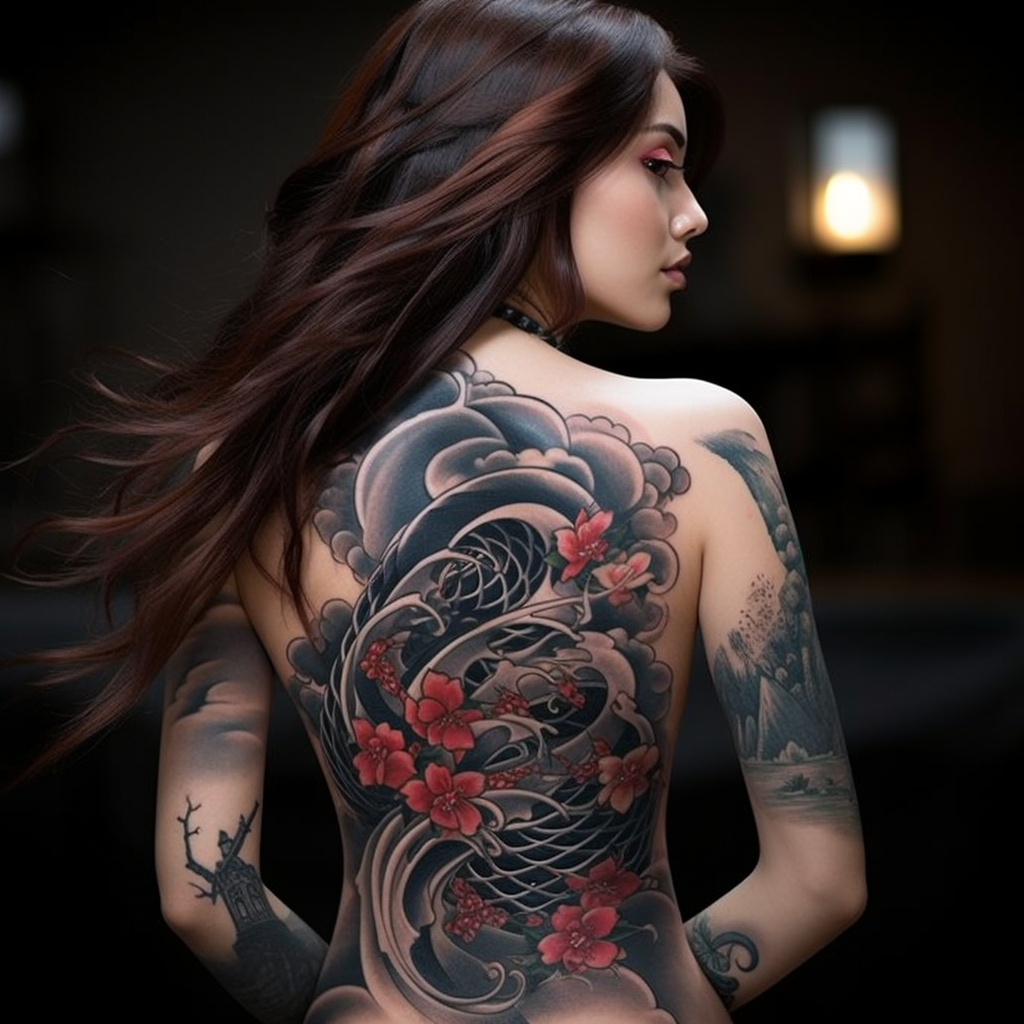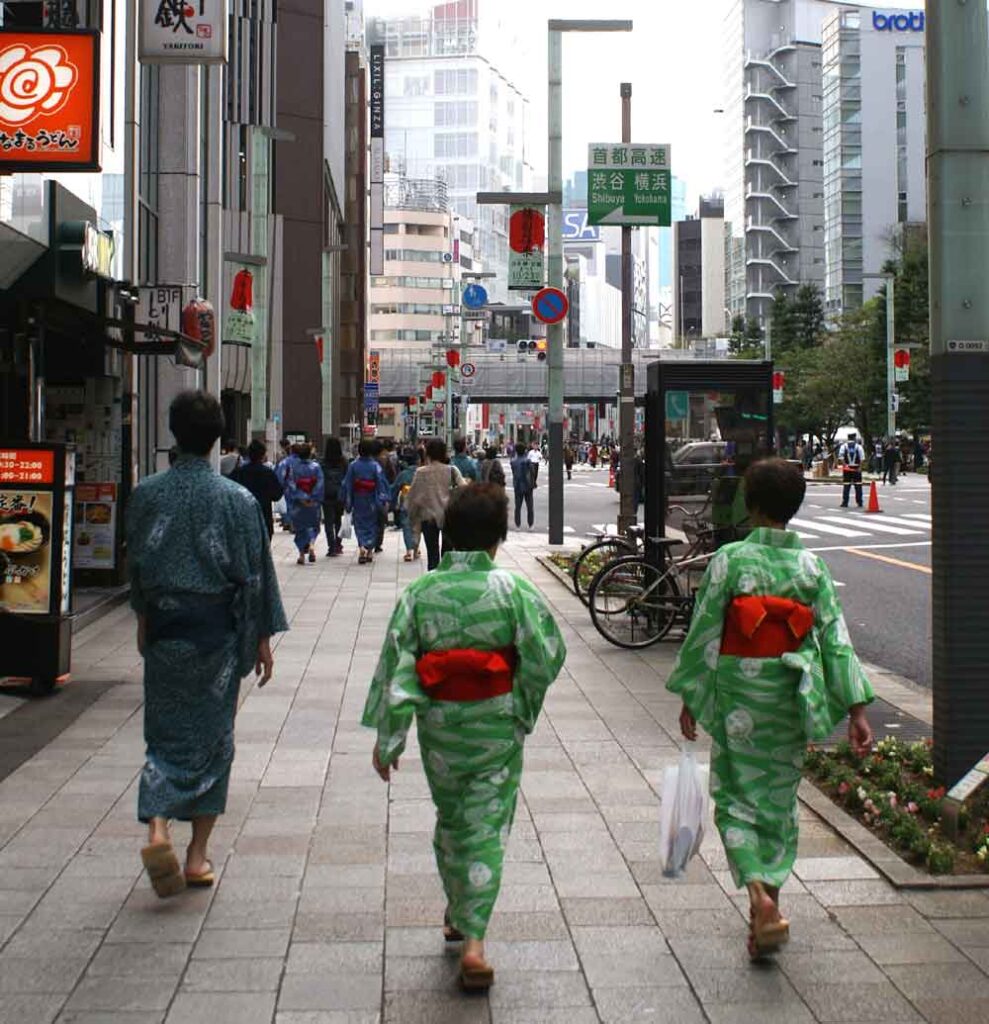Japanese tattoos, also known as Irezumi, are an ancient and intricate art form that has a long history in Japanese culture. Japanese tattoos are a distinctive style of tattooing that is characterized by often intricate and detailed designs that can cover large areas of the body. These tattoos are often associated with the yakuza, a Japanese criminal organization, but they also have important cultural and symbolic meaning for many people in Japan.
The history of Japanese tattoos dates back to ancient times. Back then, tattoos were often used to mark prisoners and criminals, but they were also used for decorative and ceremonial purposes. Over time, tattoos became increasingly popular among the lower classes of Japanese society, and were associated with manual laborers, such as fishermen and construction workers.
Over the following centuries, Japanese tattoos evolved into a complex and highly stylized art form. Traditional designs include dragons, tigers, flowers and samurai, and are often done in black and gray with delicate shading and fine detail. Japanese tattoos are often large and may cover the entire back, arms or legs. Japanese tattoo artists use a technique called tebori, which involves using needles attached to a stick to draw the designs by hand rather than using a tattoo machine.
Japanese tattoos are often associated with the yakuza, a Japanese criminal organization. In the 1960s, Japanese tattoos were banned because of their association with crime, but this ban was lifted in 1997. Since then, Japanese tattoos have become more popular and are often seen as a form of personal and artistic expression. Japanese tattoo artists are highly respected for their skill and mastery of the art of tebori.
Japanese tattoos also have important symbolic meaning for many people in Japan. Traditional designs have specific meanings that can represent qualities such as courage, strength and loyalty. For example, a dragon tattoo may symbolize strength and wisdom, while a cherry blossom tattoo may represent the ephemeral beauty of life.
Japanese tattoos are an ancient and intricate art form that has a long history in Japanese culture. Although often associated with the yakuza, Japanese tattoos also have important cultural and symbolic meaning for many people in Japan. Traditional designs are highly stylized and can cover large areas of the body.
However, it is important to note that Japanese tattoos are not accepted by everyone in Japan. In some situations, they can still be associated with criminality and be frowned upon by employers or members of conservative society. In addition, it is important to find a qualified and experienced tattoo artist to do a Japanese tattoo, as it is a very complex art that requires a great deal of expertise.
Despite this, Japanese tattoos continue to be a symbol of Japanese history and culture, as well as a form of personal and artistic expression. More and more people in Japan and around the world are turning to Japanese tattoos for their beauty, meaning and distinctive style.



